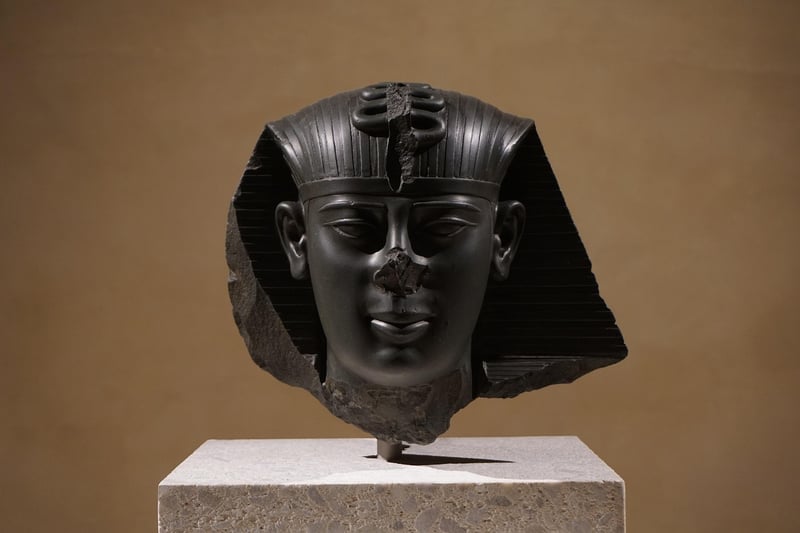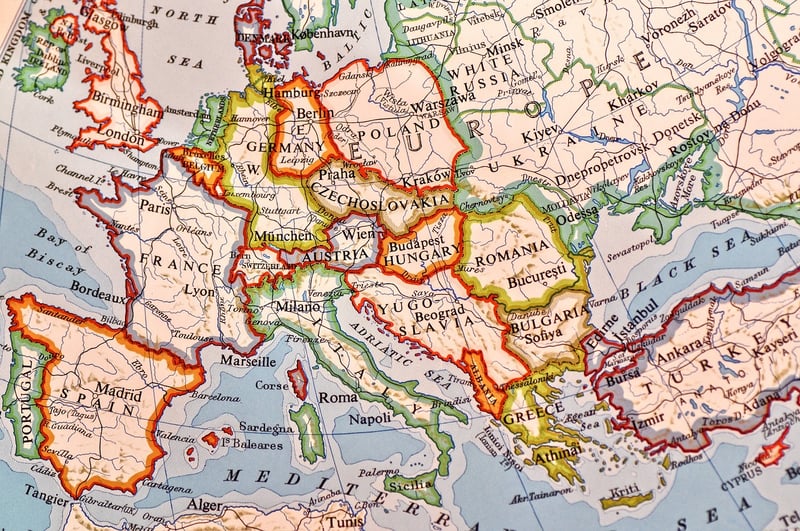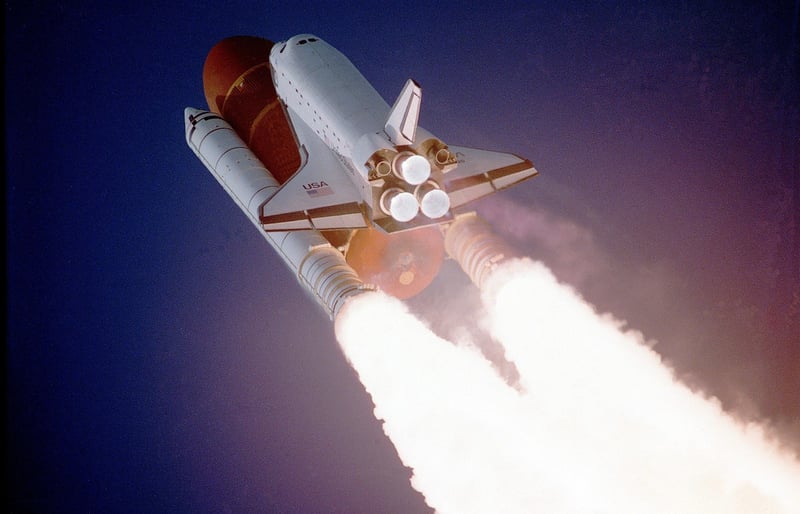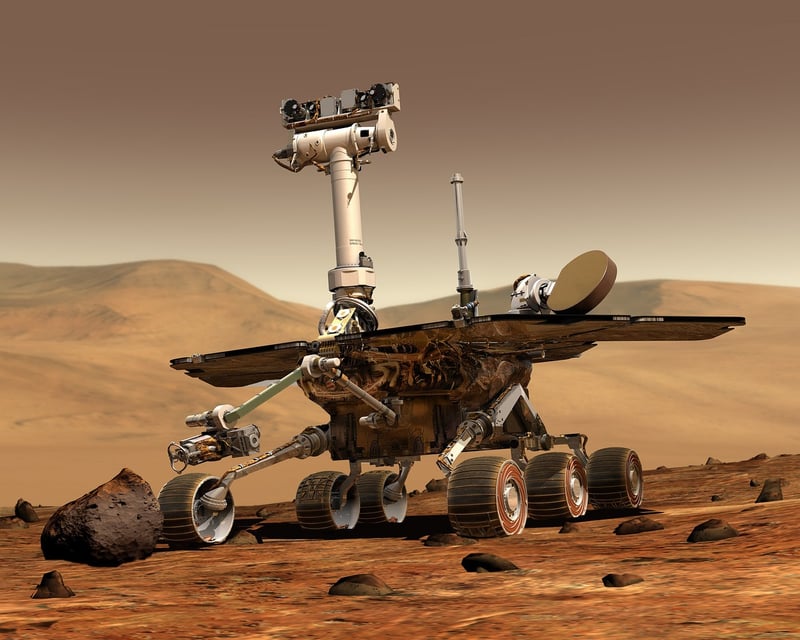Future Exploration
The Evolution of Exploration: From Ancient Times to the Future
Ancient Exploration
Ancient civilizations such as the Egyptians, Phoenicians, and Greeks were pioneers in exploration. They sailed the seas, charted new lands, and traded with distant cultures.

Age of Discovery
The Age of Discovery in the 15th to 17th centuries saw European explorers like Christopher Columbus, Vasco da Gama, and Ferdinand Magellan embark on voyages to find new trade routes and lands.

Modern Exploration
In the 19th and 20th centuries, explorers like Roald Amundsen and Neil Armstrong pushed the boundaries of exploration, reaching the poles and venturing into space.

Future of Exploration
As we look to the future, exploration continues to evolve. From Mars missions to deep-sea exploration, humans are driven to discover the unknown and expand our horizons.

Key Takeaways:
- Ancient civilizations laid the foundation for exploration.
- The Age of Discovery opened up new worlds for exploration.
- Modern explorers reached new frontiers on Earth and in space.
- The future of exploration holds exciting possibilities for humanity.
Exploration is a fundamental human trait that drives us to seek new challenges, discover hidden treasures, and push the boundaries of what is possible. From ancient times to the present day, and into the future, the spirit of exploration continues to inspire and motivate us to reach for the stars.
For more information on the history of exploration, visit National Geographic.
